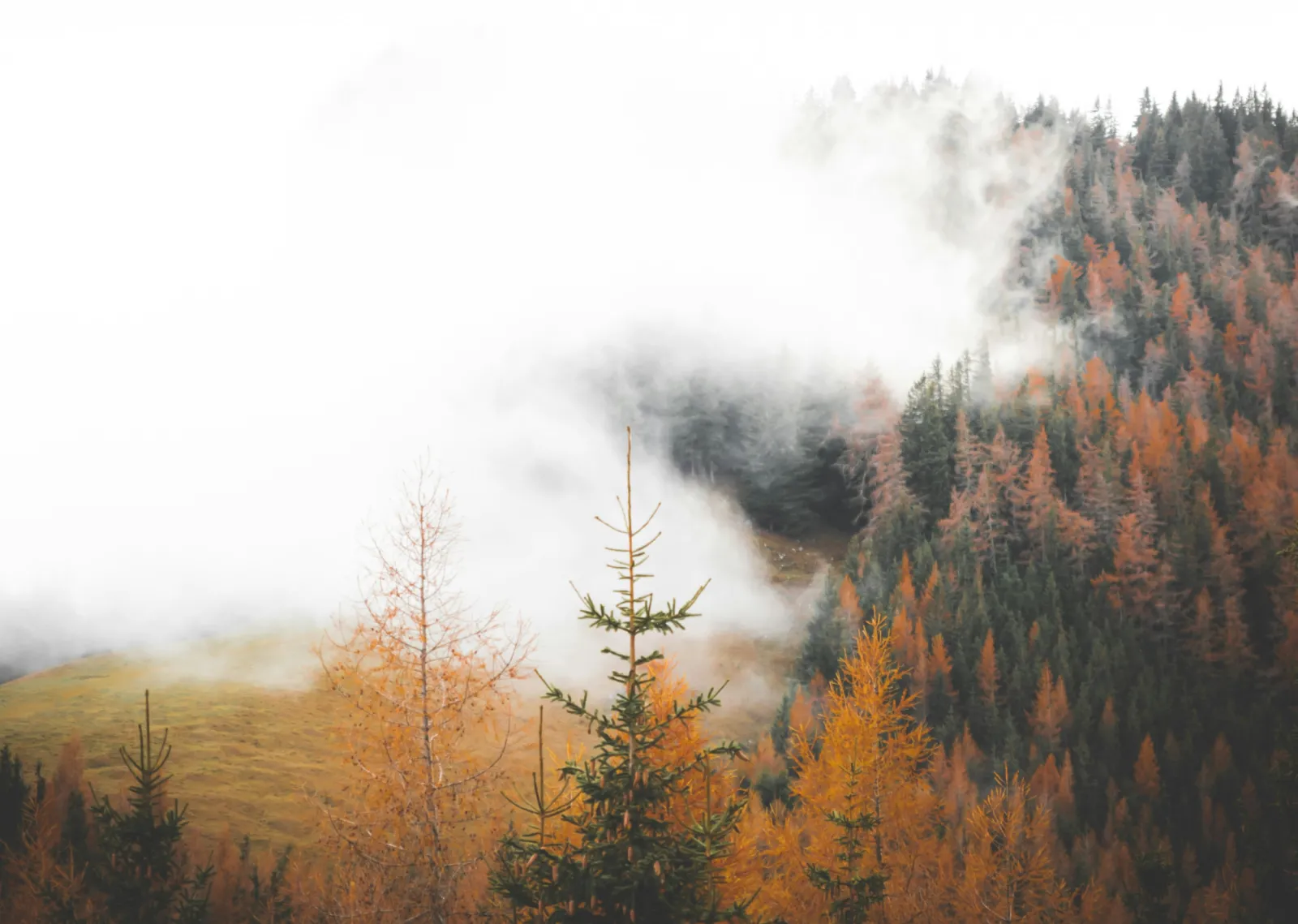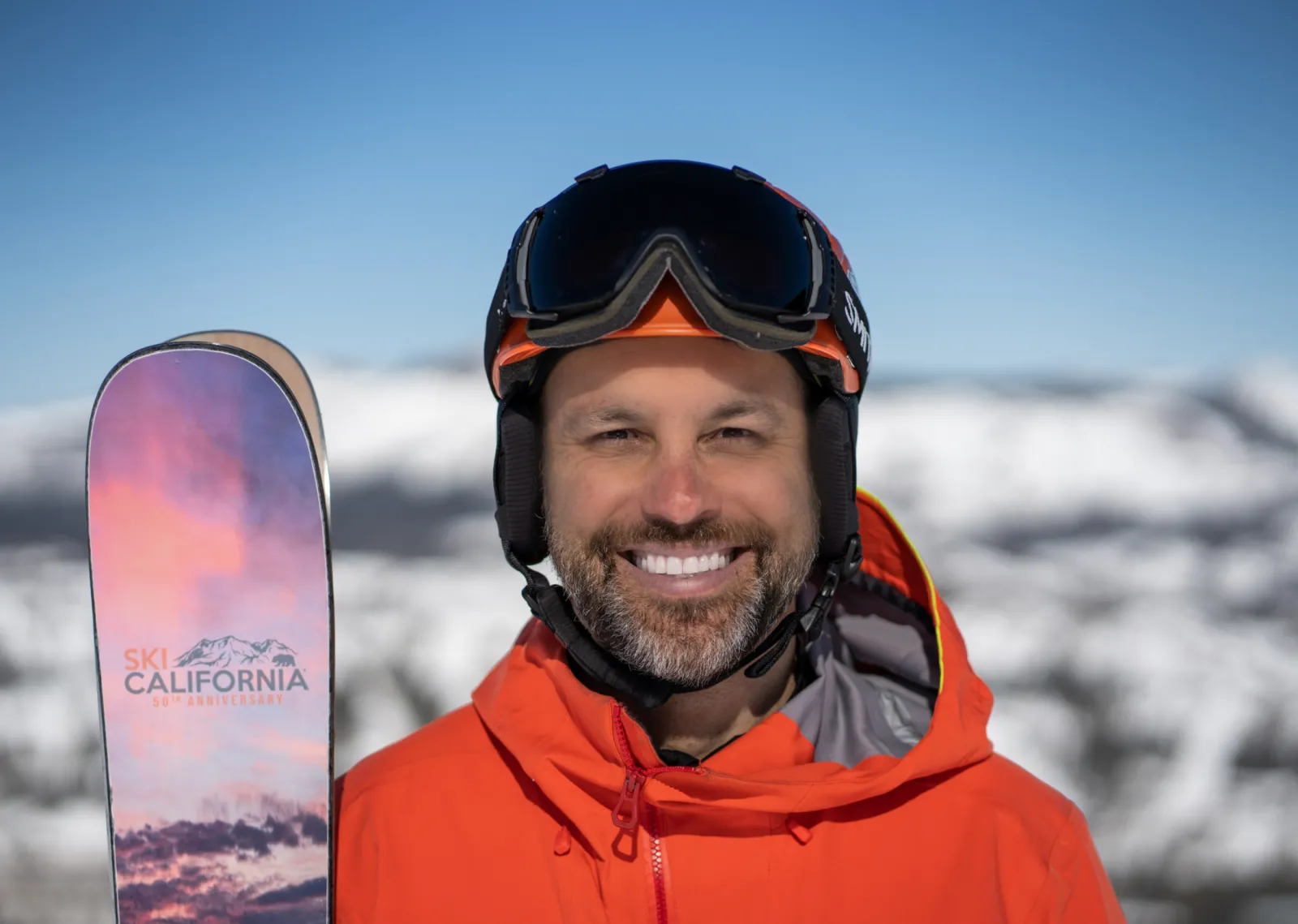Turning the page: Interviewing print veteran Steve Casimiro
For nearly a half-century, Powder magazine played a pivotal role in supporting and shaping the culture of downhill skiing. For many skiers, Powder was the ski magazine that truly “got it,” the one that understood them because it was them: A magazine produced by passionate skiers who know exactly what it feels like to wake up before the alarm at 4:00 a.m. on the first deep morning of the season, or to ski until the last chair on a day of frozen granular, simply because the alternative - not skiing - was no alternative at all.
All that changed in October, 2020, when it was announced that Powder, along with its sister (and no less beloved) publications Bike, Snowboarder, and Surfer, would cease print operations over the following handful of months. For many, including us at Origin, this felt like a gut punch: These are the magazines that grace our break room and our coffee tables at home, and we’re blessed enough to count two Powder alumni among our staff: Cinematographer and Video Editor Seth Gillis and Senior Writer Ben Hewitt both developed their chops working for the magazine.
Still, as hard as it was for us to hear the news, it was even harder on Steve Casimiro. For 12 years, from 1997 to 2008, Casimiro served as the editor of Powder; he was also the founding editor of Bike. He’s also been the West Coast Editor to the now-defunct National Geographic Adventure, as well as a contributor to innumerable other outdoor publications. During his tenure at Powder, he became famous for his eloquent intros, which are archived here.
These days, Casimiro is busy publishing Adventure Journal, an online and print outdoor adventure magazine he founded in 2008. We caught up with him shortly after the New Year, to hear his thoughts on the demise of Powder and its brethren, and to get his take on how the outdoor industry should respond to their loss, along with a few other things. Here’s what he had to say.
Photo credit: Sinuhe Xavier
Origin: First of all, tell me why you started Adventure Journal? You had a pretty sweet gig as a freelancer; it couldn’t have been an impulse decision.
Steve Casimiro: You’re right: I did have a great gig as a full-time permalancer for National Geographic Adventure. But there were stories I was interested in that didn’t fit their format, and that they weren’t going to run. I’m not the sort of writer who writes for the sake of writing—I want people to read what I write—so I started a blog as an outlet for these ideas, and as it turns out I loved the freedom. And then in 2009, Nat Geo pulled the plug on the print edition and I needed a new thing, which was to expand Adventure Journal.
Origin: What was it about the stories you wanted to tell that felt so important to you?
SC: Honestly, my ethos was to simply follow people and stories that I found personally interesting and also to treat readers with respect.
Origin: What do you mean by that?
SC: Well, especially at the beginning, my readers were my friends, so I would never post something I didn’t think they’d want to read, and that continued as AJ grew. It means not wasting people’s time with clickbait or lame stories, and it means telling the truth, even when the truth might be hard to hear. It also means hiring writers and photographers and artists who are doing and sharing what they love. That’s what roots magazines in credibility: when they’re a creative outpouring of people who are invested in something they love or are intensely curious about. They’re not just pushing “content” to keep the circulation high so they can charge advertisers a certain rate.
Origin: And yet, there is a dollar-and-cents reality…
SC: Oh, absolutely. It’s very important to remember that magazines are businesses subject to capitalistic darwinism. And I think there’s a valid question regarding whether or not our culture can materially support X number of vertical ski magazines.
We need to ask—both inside and outside the industry—what we want from our media, because the truth is, independent publishers like AJ aren’t just competing with Outside magazine; it’s also brands like REI who’ve invested a lot of money into content. If people just want stoke to get them outside, they can find that in a lot of places. But there’s more to journalism than just conveying stoke.
Origin: What responsibility - if any - do you feel the industry has?
SC: I don’t really hear anybody in the industry talking about the value of independent media. Beyond a handful of amazing brands who support us and have mostly from the beginning, when I go looking for partners, what I hear back is often nothing but crickets. We’ve just lost Powder, Bike, Snowboarder, and Surfer. What will our culture look like if AJ dies? Or Alpinist? I think we’d be much poorer culturally if that happened, but no one with the ability to change things (i.e., marketing budgets) seems to be asking this.
Origin: Which begs the question: Why should people care?
SC: Because independent voices are critically important to truth telling, and you’re just not going to get that from media that’s dependent on affiliate sales. With Adventure Journal, we’ve created a space for voices that go against the grain, that hold people accountable, that show uncomfortable truths and look for solutions. For instance, we just ran a piece about the challenges of professional female athletes who want to raise a family. Historically, brands have exercised against such athletes. That situation is starting to change, but not entirely: There are still brands dropping women because they want to have children. No one else was telling that story, and it’s important, and if it didn’t come from us or some other independent outlet, where’s it going to come from? Do we want a world where Outside is the only major voice in our space? That’s not good for anybody, least of all Outside. A media monoculture serves no one well.
And here’s another reason people should care: The writing in magazines like AJ and Powder changes peoples’ lives for the better. I have scores and scores of emails and letters from people telling us so.
Origin: Speaking of changing peoples’ lives, the pandemic has created something of a boom in outdoor participation. What do you think we should be doing to keep those people engaged over the long run?
SC: I think we need to be asking how much we want outdoor participation to grow, if at all. Because 10 years ago we were trying to grow it, and I’d say we succeeded beyond our wildest dreams. Everywhere you go now on public lands, it’s crazy busy. So, I think the industry needs to shift from just being cheerleaders to talking about how to be responsible citizens of the outdoor community. Obviously, we’ve failed at diversity and making people in underserved communities feel welcome, and that’s a place we should grow. But beyond that, we need to be asking hard questions. Like what does leave no trace really look like? What does it mean to do all this stuff in a way that’s truly responsible? I’m not saying that I have the answers; I’m just saying that maybe that’s where our energy should go.
Origin: I’m sure you’ve been asked this by a lot of people, but I haven’t asked you: What did it mean to be at the helm of Powder and Bike for all those years?
SC: It meant everything to me. Because enthusiasts are not won over easily. You have to earn their respect, and that means proving yourself over years. It’s not about being able to huck, or ski big lines, it’s deeper than that. It’s values based. It comes from a place of genuine passion, and of caring. To do that as a publication over so many years is a phenomenal thing, and if I’m proudest of anything, it’s that we managed to do what I talked about earlier: We treated our readers with respect. And we kept doing it for a very long time.
Origin: How has that experience shaped your relationship to the readers of Adventure Journal?
SC: I feel like we have this amazing relationship with our readers, and the more transparent we are, the stronger it gets. We’ve been very candid about the challenges of making this work, and what needs to be done to make it work, and people have responded. We have something like a 98% or 99% renewal rate, and I think part of that comes from saying to people “hey, these are our values, and we hope you want to be part of them.” At first that felt like a risk, but it’s gotten easier for me; I’m not 25 anymore, and my values are pretty established. They’re not particularly negotiable, if and ever there was a time to express them it’s now.
Origin: As someone who creates in both digital and print mediums, do you think we might see the pendulum shift back in the direction of actual paper and ink?
SC: I don’t think there’s going to be a massive rush to analog, but I do think people are becoming more cognizant of the dangers of being plugged in and of the joys of being unplugged; just look at the boom in vinyl, paper books, and film cameras. Regardless of the medium, though, we should never lose sight of the fact that we have to keep creating good stories and images, that we have to treat readers as friends and peers, and that ultimately, we have to create something worth paying for.







